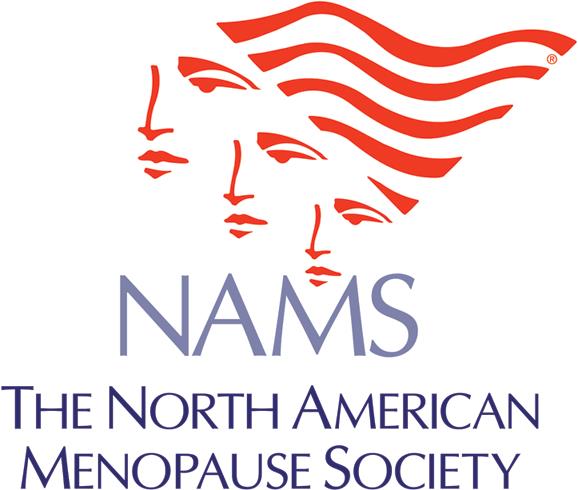By: Red Hot Mamas
Published: September 7, 2016
Despite Major Consumer Marketing and Educational Efforts, New Survey Shows Women Still Don’t Understand Why Sex Hurts After Menopause
Women’s EMPOWER survey confirms reluctance to discuss sex problems and seek treatment
CLEVELAND, Ohio (September 5, 2016)—Unfortunately for many postmenopausal women, painful intercourse is a reality. In recent years, the medical industry has undertaken significant direct-to-consumer marketing and educational efforts designed to inform women and encourage them to talk to their healthcare providers about vulvar and vaginal atrophy (VVA), the thinning, drying, and inflammation of the vaginal walls as a result of decreased estrogen in the body. However, a new survey, the Women’s EMPOWER survey, shows that women’s awareness and willingness to discuss this problem with their healthcare providers has not improved much over the years. The findings from the Women’s EMPOWER survey will be presented at the 2016 Annual Meeting of The North American Menopause Society (NAMS) in Orlando, October 5-8.
The Women’s EMPOWER survey, an internet-based survey of 1,858 US postmenopausal women with symptoms of VVA, was specifically designed to assess women’s awareness of VVA and their behaviors and attitudes associated with the treatment of symptoms. The findings came as little surprise to insiders in the medical industry, because they were consistent with six other past VVA surveys that also confirmed that postmenopausal women generally failed to recognize VVA and its chronic progressive course (including urinary problems) and were reluctant to discuss vaginal or sexual symptoms with their healthcare providers.
In the Women’s EMPOWER survey, 81% of women were not aware that VVA is a medical condition. More than two-thirds of respondents were not familiar or only somewhat familiar with most of the prescription VVA products.
“The results of the Women’s EMPOWER survey demonstrate and reinforce that, even with multimedia marketing and educational strategies in the years after other major VVA surveys, minimal progress has been made toward increasing women’s awareness and understanding of VVA,” says Michael Krychman, MD, of the Southern California Center for Sexual Health and Survivorship Medicine and a lead author of the Women’s EMPOWER survey. “Women remain naive to the safe and effective treatment options that are currently available and are still, for the most part, underinformed and undertreated.”
Prior surveys that support the Women’s EMPOWER results include REVEAL (Revealing Vaginal Effects At mid-Life), WVM (Women’s Voices in the Menopause), VIVA (Vaginal Health: Insight, Views, and Attitudes-US and International), CLOSER (CLarifying Vaginal Atrophy’s Impact on SEx and Relationships-North America and EU), and REVIVE (REal Women’s Views of Treatment Options for Menopausal Vaginal ChangEs-US and EU).
“The results of these surveys should send a clear message to healthcare providers that they need to initiate education and discussions with their postmenopausal patients so that they can better understand VVA symptoms as well as their options for treatment,” says Dr. JoAnn Pinkerton, NAMS executive director.
Drs. Krychman and Pinkerton are available for interviews before the presentation at the annual meeting.
TherapeuticsMD sponsored the Women’s EMPOWER survey.
Founded in 1989, The North American Menopause Society (NAMS) is North America’s leading nonprofit organization dedicated to promoting the health and quality of life of all women during midlife and beyond through an understanding of menopause and healthy aging. Its multidisciplinary membership of 2,000 leaders in the field—including clinical and basic science experts from medicine, nursing, sociology, psychology, nutrition, anthropology, epidemiology, pharmacy, and education—makes NAMS uniquely qualified to serve as the definitive resource for health professionals and the public for accurate, unbiased information about menopause and healthy aging. To learn more about NAMS, visit www.menopause.org.
Source:http://www.menopause.org/docs/default-source/2016-docs/empower-survey-results-9-16-abbr.pdf
 Red Hot Mamas In Charge of Change.
Red Hot Mamas In Charge of Change.




